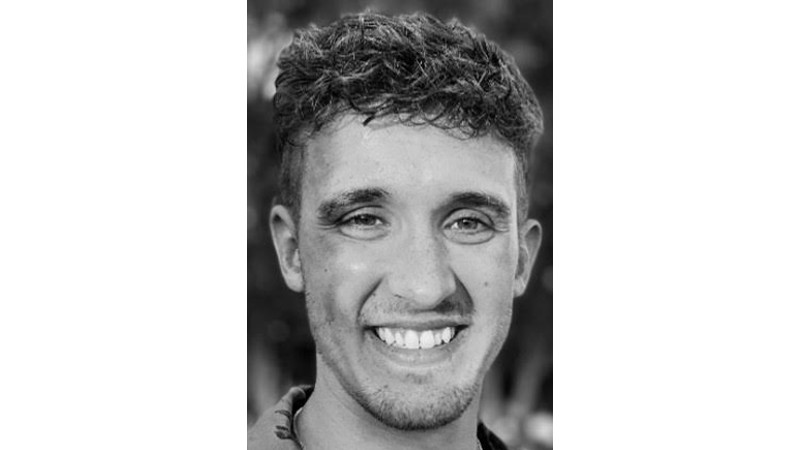Oxford Brookes University PhD student to present his research in Parliament

An Oxford Brookes University PhD student is due to attend Parliament today to present his research on how high-intensity physical activity can improve the health of children.
Sam Burden, aged 26, from Dorchester in Dorset, will present his research to a cross-party group of politicians and a panel of leading academics after being shortlisted from hundreds of applicants in a competition open to early career researchers.
The ‘STEM for BRITAIN’ national poster competition is designed to give young UK researchers the chance to showcase their work and is organised by the Parliamentary and Scientific Committee.
Speaking before his appearance, Sam said: “What an amazing opportunity this is to present three-years of PhD work to the people that can help make changes in how children perform physical activity.
“It would be great to plant the idea in politicians’ and leading scientists’ minds that child and adolescent physical activity guidelines may need to be altered to prevent cardiovascular disease in the young. Hopefully this work, and that of others, can lead to change in the future.”
Opportunities for young researchers
In July of last year, Sam appeared on CBS News Miami to discuss his research which shows that children can improve their health and fitness by spending as little as 20 minutes per day performing high intensity exercise.
Stephen Metcalfe MP, Chairman of the Parliamentary and Scientific Committee, said: “This annual competition is an important date in the parliamentary calendar because it gives MPs an opportunity to speak to a wide range of the country’s best young researchers.
“These early career engineers, mathematicians and scientists are the architects of our future and STEM for BRITAIN is politicians’ best opportunity to meet them and understand their work.”
The competition winners will be presented with either a gold, silver or bronze award, as well as a cash prize.
The Parliamentary and Scientific Committee runs the event in collaboration with the Royal Academy of Engineering, the Royal Society of Chemistry, the Institute of Physics, the Royal Society of Biology, The Physiological Society, the Nutrition Society and the Council for the Mathematical Sciences, with sponsorship from Dyson Ltd, Clay Mathematics Institute, United Kingdom Research and Innovation, Warwick Manufacturing Group, AWE, British In Vitro Diagnostics Association, the Society of Chemical Industry, Institute of Biomedical Science, the Heilbronn Institute for Mathematical Research, and the Biochemical Society.
